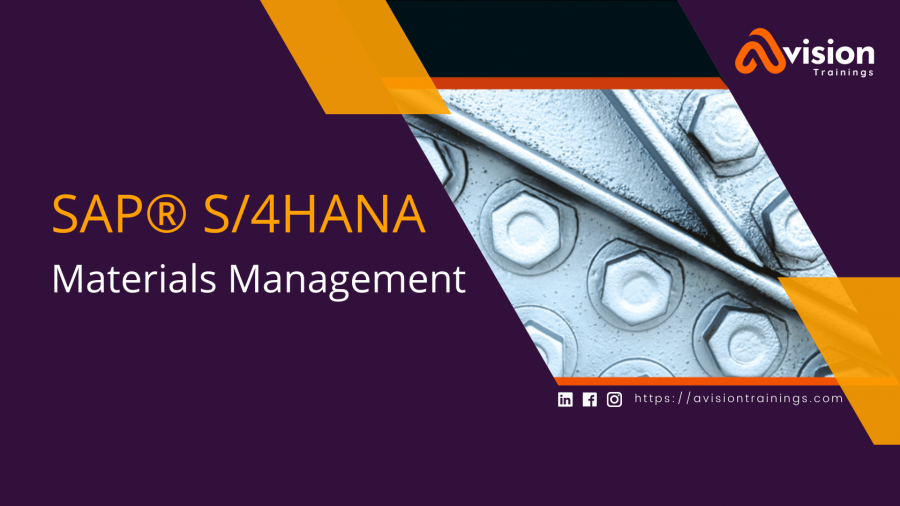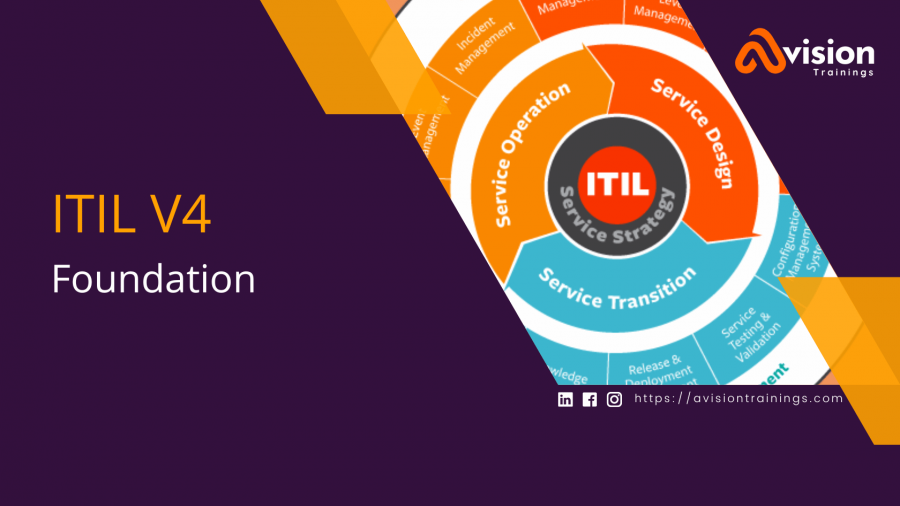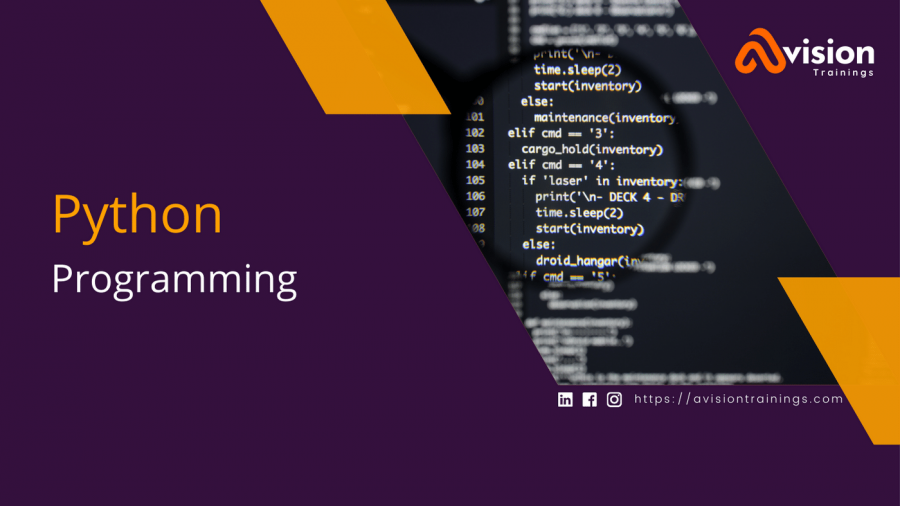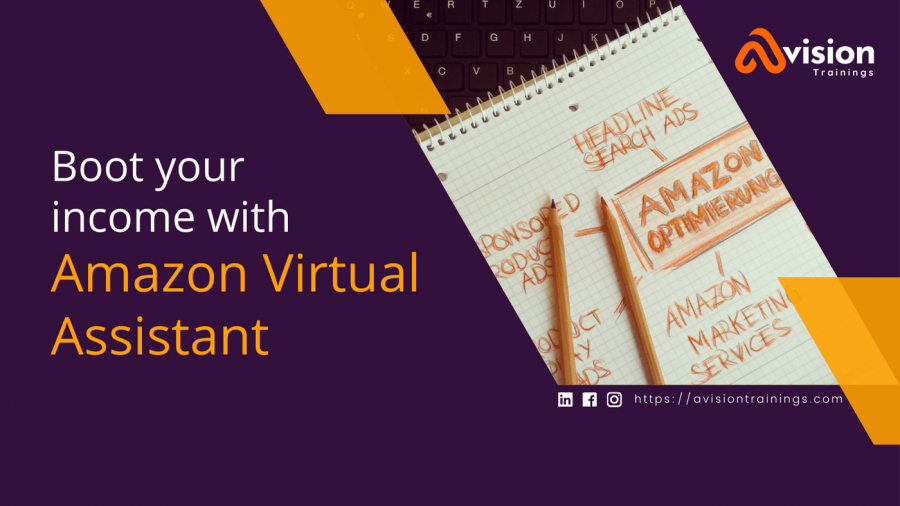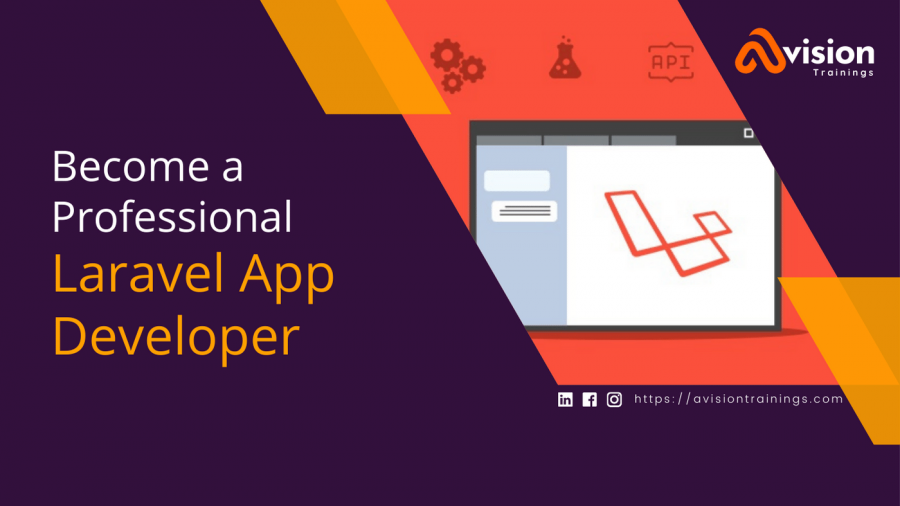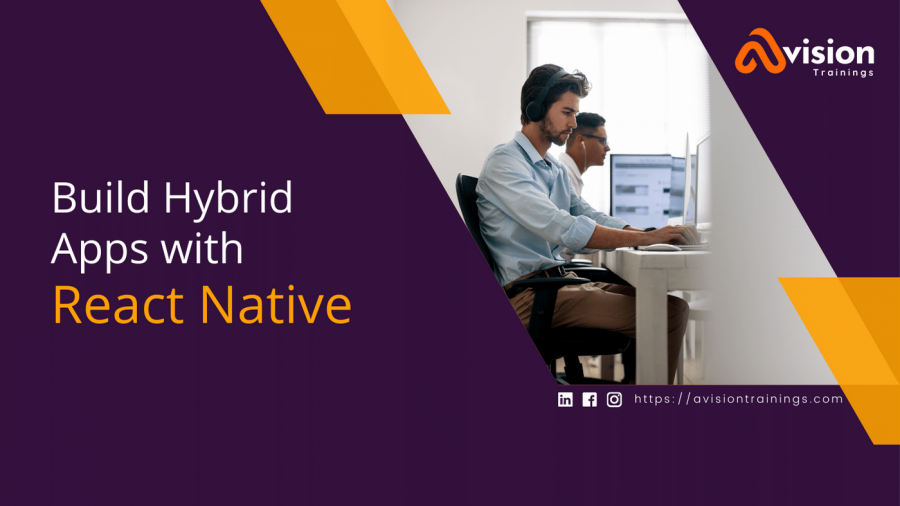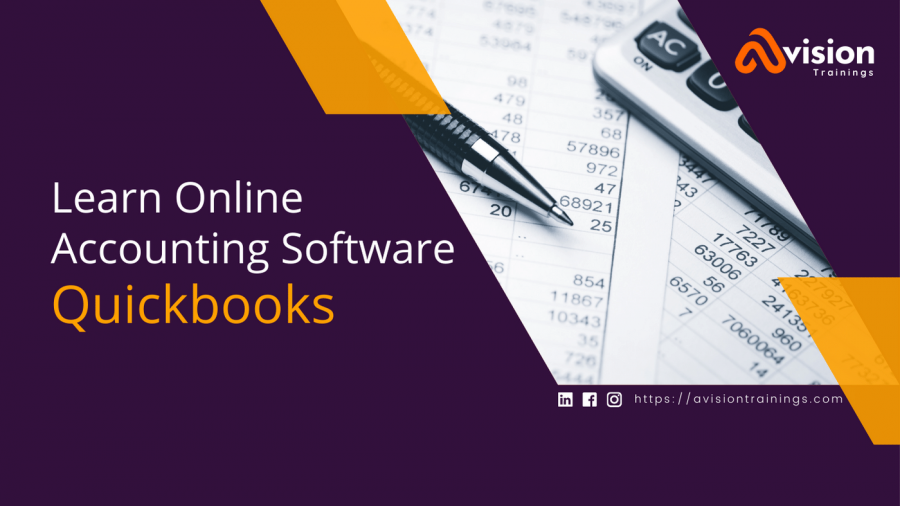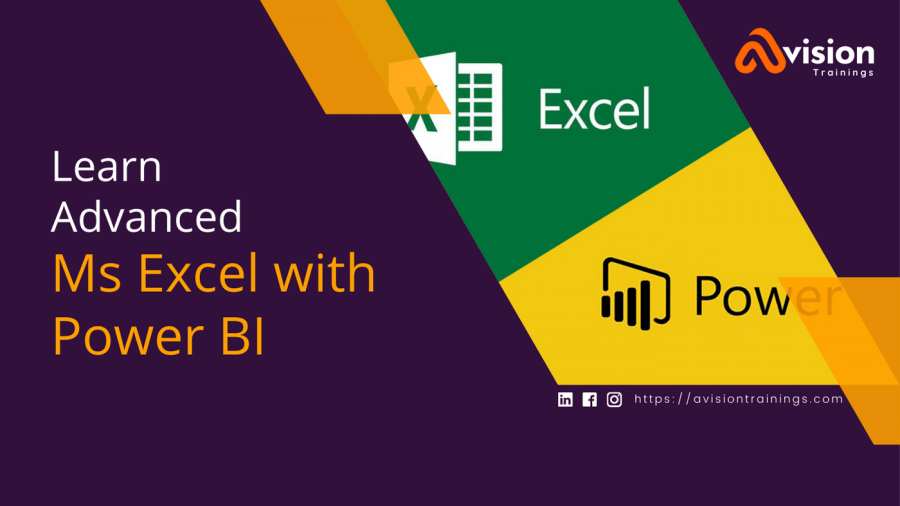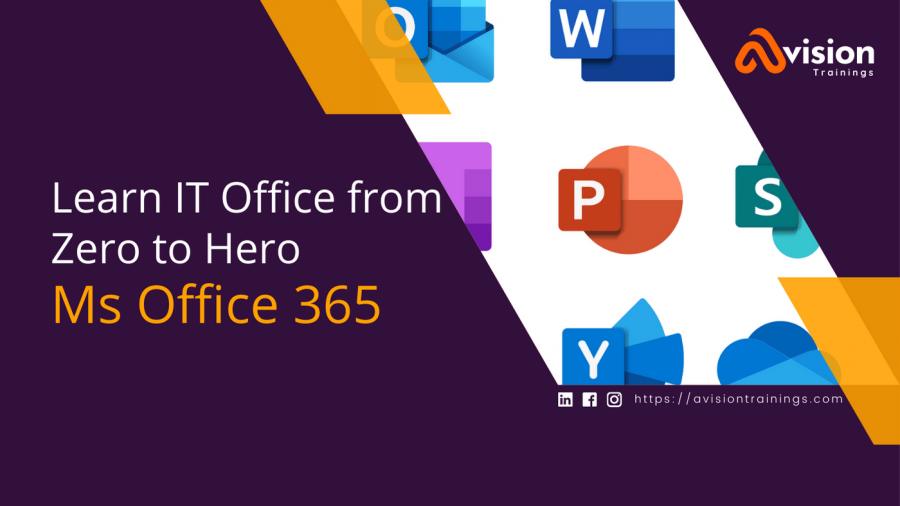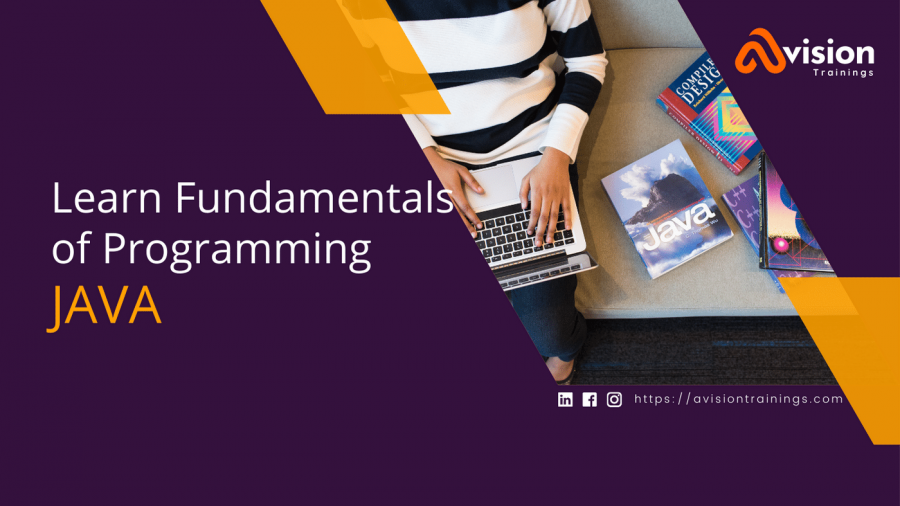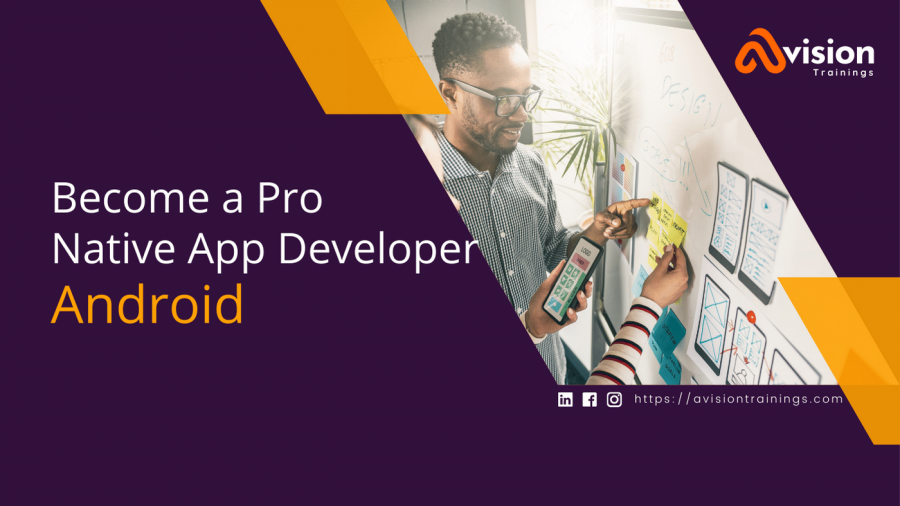MERN Stack Web Development Training Course in Lahore, Pakistan | MERN Stack Training Institute - Avision Trainings
MERN Stack Web Development Course
Looking to learn the latest technologies for building full-stack web applications? Look no further than our MERN stack training course! This comprehensive course covers MongoDB, Express.js, React.js, and Node.js, the technologies behind the popular MERN stack. Whether you're a beginner or an experienced developer, our course will teach you everything you need to know to build efficient, scalable, and responsive web applications.
Our MERN stack course is designed for developers of all levels and covers the latest best practices and industry standards for building web applications. You will learn how to use MongoDB to create and manage databases, Express.js to build back-end APIs, React.js to create dynamic front-end user interfaces, and Node.js to connect the front-end and back-end.
The course also covers full-stack web development with MERN, teaching you how to use these technologies together to build complete web applications. You will work on real-world projects and gain hands-on experience with the MERN stack.
By the end of the course, you will have the skills and knowledge necessary to become a MERN stack developer. Additionally, you can take our MERN stack certification exam to demonstrate your expertise and boost your career prospects.
Whether you're looking to start a new career as a web developer, or to expand your existing skills, our MERN stack training course is the perfect choice. Join us today and start building the web applications of tomorrow!
Benefits of MERN Stack Training Course
One of the key benefits of a MERN stack training course is that it covers all the necessary technologies for building a web application, from the back-end (using MongoDB and Node.js) to the front-end (using React.js). This means that developers can learn everything they need to know to build a complete web application in one course, rather than having to take multiple courses to learn each technology separately.
Another benefit of a MERN stack training course is that it covers the latest best practices and industry standards for building web applications. For example, the course may cover how to use the latest version of React.js, or how to use MongoDB's latest features to improve the performance of your web application. This means that developers will be learning the most up-to-date information, which will make them more competitive in the job market.
Finally, a MERN stack training course is a great way to learn how to build web applications that are both efficient and scalable. MongoDB, Express.js, React.js, and Node.js are all designed to work together seamlessly, which means that developers can build web applications that are responsive and can handle a high volume of traffic.
In conclusion, a MERN stack training course is a valuable investment for any developer looking to build full-stack web applications. It covers all the necessary technologies, is up to date with the latest best practices, and teaches how to create efficient and scalable web applications. With the use of Google Keyword Planner, we can see that the demand for this kind of courses is high and it will be a great addition to your skill set.
MERN STACK Jobs
- According to Glassdoor, the average salary for a MERN stack developer in the United States is around $92,000 per year, but this can vary widely depending on factors such as location, experience level, and company.
- Tech companies such as Google, Facebook, and Microsoft are known to hire MERN stack developers to work on their web applications.
- Startups that focus on web and mobile development often hire MERN stack developers to build and maintain their products.
- Consulting firms and software development agencies also employ MERN stack developers to work on projects for their clients.
- E-commerce companies such as Amazon, Flipkart, and Walmart also hire MERN stack developers to work on their websites and web applications.
- Financial companies such as JPMorgan, Citigroup, and Wells Fargo also hire MERN stack developers for building web-based applications for their businesses.
- Healthcare companies such as UnitedHealth Group, Humana, and Optum also hire MERN stack developers for building web-based applications for their businesses.
- A number of other companies such as IBM, Oracle, Deloitte, Accenture, etc. also hire MERN stack developers for building web-based applications for their businesses.
MERN Stack Developer Training Course in Avision Trainings Institute Lahore, PK
At Avision Trainings, we offer a comprehensive and methodical MERN stack training course. Tailored for individuals looking to improve their skills in building websites and web applications, our course is taught by experienced industry professionals who have hands-on experience in utilizing these technologies. Our teaching approach is designed to be clear and precise, ensuring that you learn the MERN stack from the ground up. Enroll now and take your web development skills to the next level with Avision Trainings.
Advantages of developing web applications with MERN stack
- It is easier to make switching between client and server with mern stack
- Isomorphic Coding is possible with MERN stack
- Highly flexible
- MERN uses JSON
- Cost-effective
- High speed and reusability
- Open source and cloud company
Prerequisites of learning MERN stack
- HTML,
- CSS and
- Javascript
MERN Stack Course Outline
The MERN stack (MongoDB, Express.js, React.js, and Node.js) is a popular combination of technologies for building full-stack web applications. A MERN stack training course can help developers learn how to use these technologies together to build efficient, scalable, and responsive web applications.
Express
- Setting up Express to listen for requests
- Routing: defining URL routes and sending response
- Serving static files
- Exploring Middleware
- Using the Express router
- Using controllers to define functionality
- Defining dynamic routes with URL parameters
- Working with querystrings and posted form data
- BONUS: Improving MEAN development workflow with Nodemon
Working with MongoDB and NoSQL
- Introduction to NoSQL databases
- The basics
- Getting started with the Mongo shell
- Interacting with data from the command line (Mongo shell)
- Importing and exporting data
- Connecting to a Node.js application
- Querying the database from Node.js
- Creating documents from Node.js
Build robust REST APIs using Node.js, Express and MongoDB
- Introduction to REST APIs
- Using Mongoose to manage MongoDB database connections in Node
- Defining data structure with Mongoose schemas and models
- Defining complex data structures with Mongoose schemas
- Creating GET routes using Mongoose queries
- Creating GET routes for subdocuments using Mongoose
- Finding documents based on geo-coordinates
- Error trapping and hardening a REST API
- Creating new documents in MongoDB using Mongoose and POST methods
- Updating existing documents in MongoDB
- Using Mongoose to delete data from MongoDB
Single Page Applications with React
- Environment Setup
- Project Setup
- CLI
- Hello World
- Introducing JSX
- Rendering Elements
- Components and Props
- State and Lifecycle
- Handling Events
- Conditional Rendering
- Lists and Keys
- Forms
- Lifting State Up
- Composition vs Inheritance
Advance Topics:
- Thinking In React
- Accessibility
- Code-Splitting
- Context
- Error Boundaries
- Forwarding Refs
- Fragments
- Higher-Order Components
- Integrating with Other Libraries
- JSX In Depth
- Optimizing Performance
- Portals
- Profiler
- React Without ES6
- React Without JSX
- Reconciliation
- Refs and the DOM
- Render Props
- Static Type Checking
- Strict Mode
- Typechecking With PropTypes
- Uncontrolled Components
- Web Components
API:
- React
- React.Component
- ReactDOM
- ReactDOMServer
- DOM Elements
- SyntheticEvent
Hooks:
- Introducing Hooks
- Using the State Hook
- Using the Effect Hook
- Rules of Hooks
- Building Your Own Hooks
- Hooks API Reference
Project
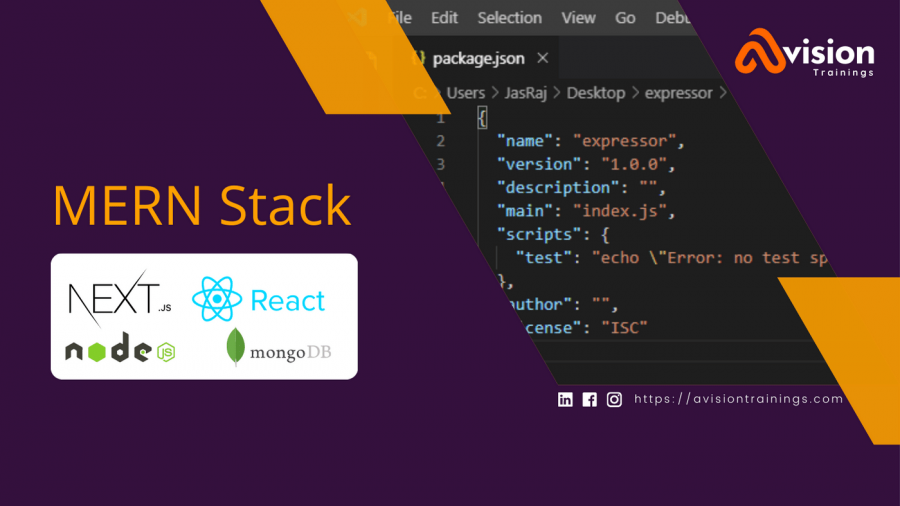
Rs: 50,000
- Level:Beginner to Professional
- Class Timings:8:00-9:30 pm
- Duration:3 Months
- Days:Mon-Tu-Wed
- Course Certificate
- Lifetime Support
- Free Trial Session
